Research

Antimicrobial properties of Allium sativum
Although garlic has been used for its medicinal properties for thousands
of years, investigations into its mode of action are relatively recent.
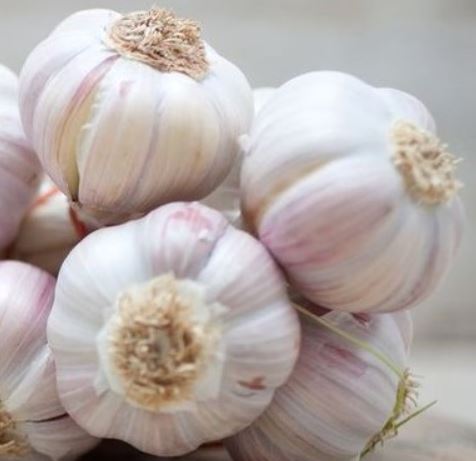
Allicin: chemistry and biological properties
Allicin (diallylthiosulfinate) is a defence molecule from garlic (Allium
sativum L.) with a broad range of biological activities.
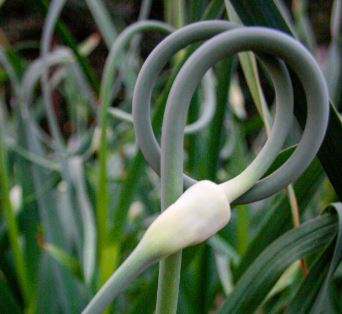
Antibacterial potential of garlic-derived allicin and its cancellation by sulfhydryl compounds
Allicin (allyl 2-propenethiosulfinate), an antibacterial principle of
garlic, has drawn much attention, since it has potent antimicrobial
activity against a range of microorganisms, including
methicillin-resistant Staphylococcus aureus.
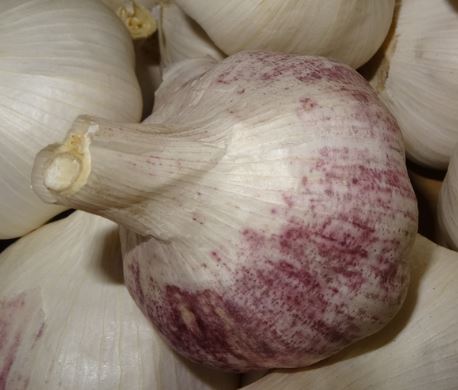
ImaDiallylthiosulfinate... Kills human lung pathogenic bacteria, including MDR Strains, as a vapor
Garlic (Allium sativum) has potent antimicrobial activity due to
allicin (diallylthiosulfinate) synthesized by enzyme catalysis in
damaged garlic tissues.
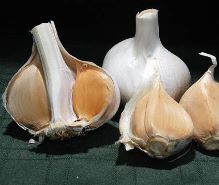
Allicin from garlic strongly inhibits cysteine proteinases and cytopathic effects of Entamoeba histolytica
The ability of Entamoeba histolytica trophozoites to destroy monolayers
of baby hamster kidney cells is inhibited by allicin, one of the active
principles of garlic.
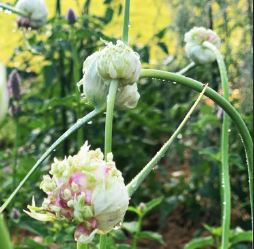
Antiviral potential of garlic... a systematic update of pre-clinical and clinical data
Garlic (Allium sativum L.) is a common herb consumed worldwide as functional food and traditional remedy for the prevention of infectious diseases since ancient time.
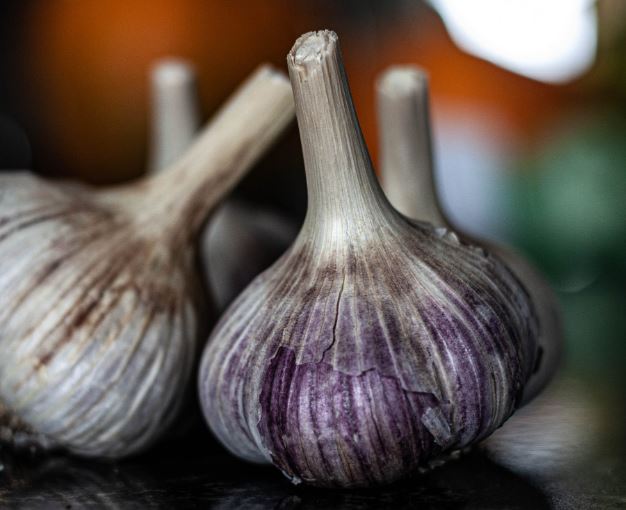
Effects of supplementation levels of Allium fistulosum L. extract on in vitro ruminal fermentation characteristics and methane emission
Ruminants release the majority of agricultural methane, an important
greenhouse gas. Different feeds and additives are used to reduce
emissions, but each has its drawbacks.
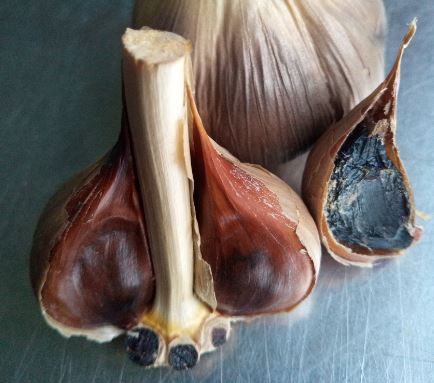
Unveiling the effect of dietary essential oils supplementation in Sparus aurata gills and its efficiency against the infestation by Sparicotyle chrysophrii
A microencapsulated feed additive composed by garlic, carvacrol and thymol essential oils (EOs) was evaluated regarding its protective effect in gills parasitized by Sparicotyle chrysophrii in Sparus aurata.
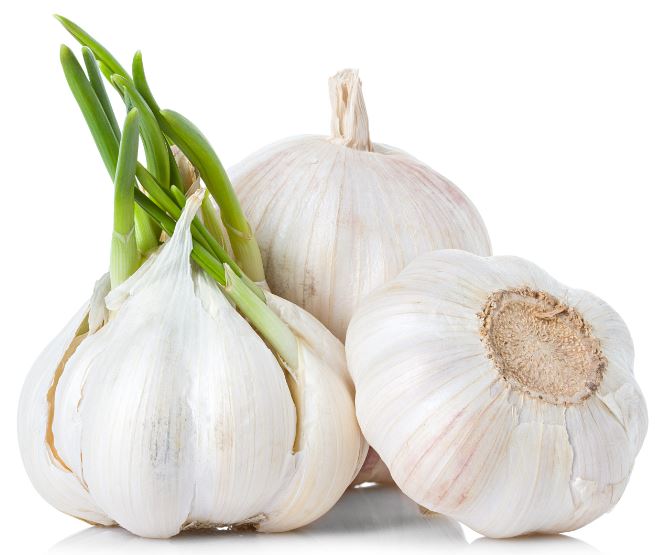
Efficacy of Psidium guajava and Allium sativum Extracts as Antimicrobial Agents against Periodontal Pathogens
The accumulation and maturation of bacterial plaque at the gingival
margin is widely recognized as the primary etiological factor in the
development of chronic periodontitis.

A Large-Class Undergraduate Microbiology Laboratory Activity on Microbial Diversity and Antimicrobial Resistance
The investigation of microbial diversity and adaptation is essential to comprehend biological processes.

